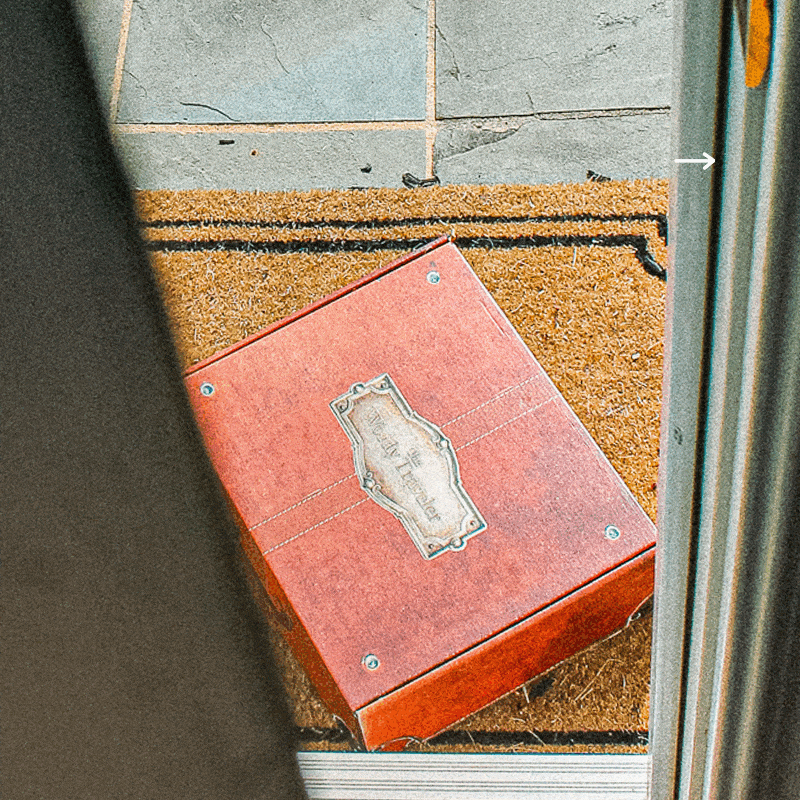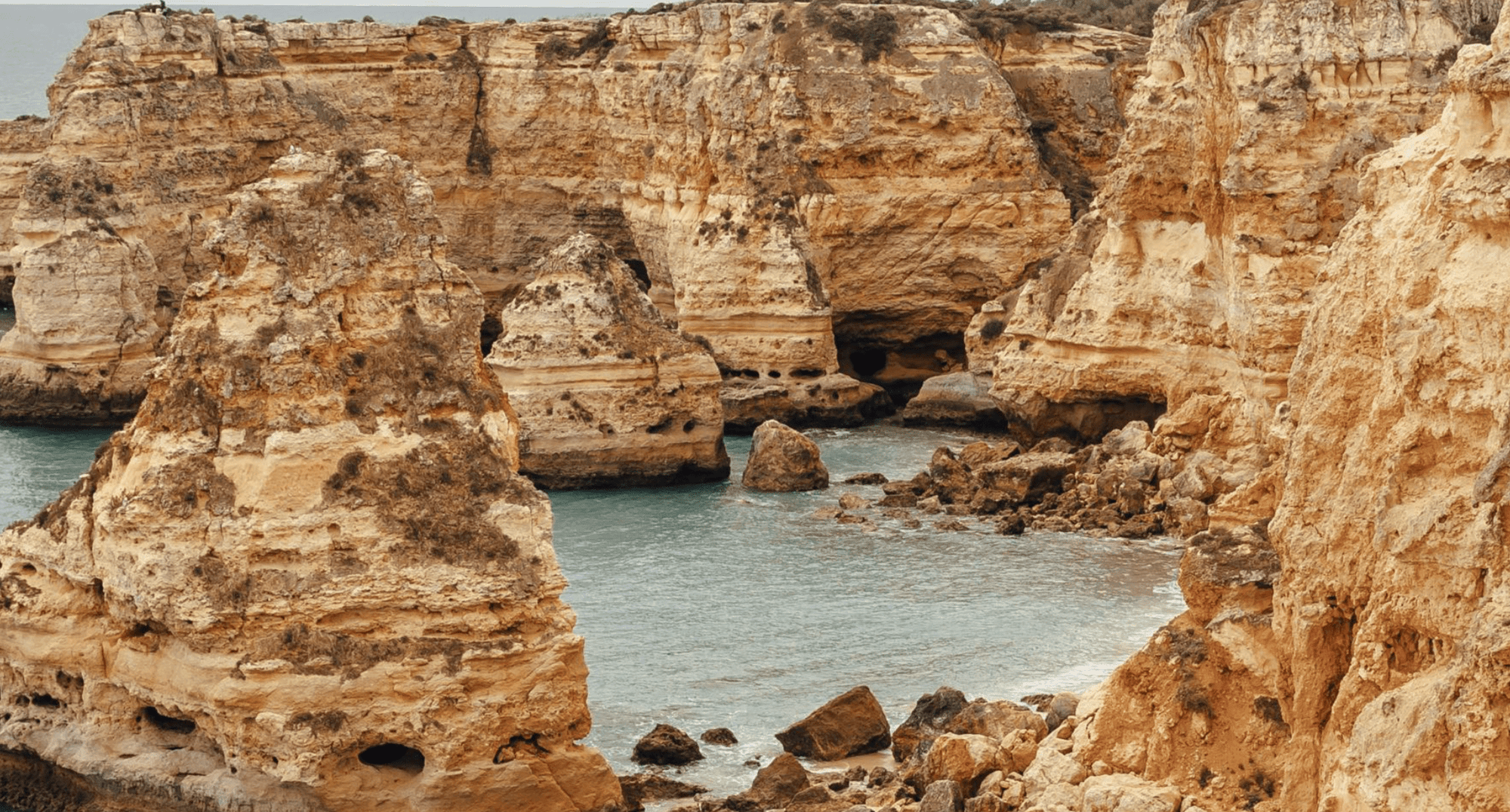Portugal is a country bursting with culture, history, and natural beauty. From its stunning coastline to its rich traditions, there's so much to discover beyond the famous landmarks. Whether you're planning a trip or just curious about this vibrant nation, you'll find that Portugal has a treasure trove of intriguing facts waiting to be uncovered.
Overview of Portugal
Portugal, located in southwestern Europe, shares its only land border with Spain. This country boasts a rich maritime history, having established a vast empire during the Age of Discovery in the 15th and 16th centuries. Portugal is renowned for its diverse landscapes, including rugged cliffs, golden beaches, and rolling vineyards.
Lisbon, the capital, is known for its picturesque neighborhoods, historic sites, and vibrant nightlife. Porto, another significant city, is famous for its port wine production. Additionally, Portugal's Azores and Madeira archipelagos offer stunning natural beauty and unique ecosystems.
Portuguese is the official language, and a variety of regional dialects can be found throughout the country. The population of approximately 10 million people reflects a blend of cultures influenced by centuries of exploration and trade. The currency used is the Euro (EUR).
Portugal is known for its delicious cuisine, featuring dishes like bacalhau (salted cod), caldo verde (green soup), and pastéis de nata (custard tarts). Sports play an important role, with football (soccer) being the most popular.
With a mild Mediterranean climate, Portugal attracts visitors year-round. The country's national parks preserve its natural heritage and offer opportunities for outdoor activities, including hiking and birdwatching.
Geography and Landscape
Portugal features a variety of landscapes and regions, each with unique characteristics. The geographical diversity contributes to the country's charm and appeal.
Diverse Regions
You’ll find Portugal divided into several distinct regions, each showcasing its own culture and landscape.
- Alentejo: Known for rolling plains, vineyards, and olive groves, Alentejo captures rural Portugal's heart.
- Algarve: Famous for its stunning coastline, Algarve boasts beautiful beaches and dramatic cliffs.
- Beiras: Nestled between the mountains and the river, Beiras offers breathtaking views and rich traditions.
- Douro Valley: Renowned for terraced vineyards along the Douro River, this region specializes in port wine production.
- Lisbon Region: Featuring coastal plains and urban landscapes, this area blends modernity with historical heritage.
- Madeira: An archipelago with dramatic topography, Madeira features mountainous terrain and lush vegetation.
- Azores: Comprising nine islands, the Azores showcases volcanic landscapes and unique ecosystems.
Natural Wonders
Portugal's nature is spectacular and diverse, offering countless opportunities for exploration.
- Ria Formosa: A protected lagoon system in the Algarve, Ria Formosa is home to diverse wildlife and migratory birds.
- Pico Mountain: Located on the Azores, Pico Mountain stands as Portugal's highest peak at 2,351 meters, attracting hikers and climbers.
- Cabo da Roca: This westernmost point of mainland Europe features dramatic cliffs and panoramic views of the Atlantic Ocean.
- Peneda-Gerês National Park: A UNESCO Biosphere Reserve, this park offers lush forests, cascading waterfalls, and rich wildlife.
- Arrábida Natural Park: Home to stunning limestone cliffs and turquoise waters, Arrábida provides picturesque settings for outdoor activities.
- Sado River: This river is famous for its resident dolphin population and beautiful views along its banks.
You can discover Portugal's varied geography and natural wonders, providing ample opportunities for adventure and exploration.
Culture and Traditions
Portugal's culture is vibrant and diverse, showcasing a unique blend of history, art, and traditions. Celebrations and culinary delights reflect the heart of Portuguese life.
Festivals and Celebrations
Portugal hosts numerous festivals that highlight its rich cultural heritage.
- Festa de São João occurs every June in Porto, featuring street parties, fireworks, and the playful tradition of hitting people with plastic hammers.
- Carnaval takes place before Lent, showcasing colorful parades, elaborate costumes, and lively music across the country.
- Festa de Santo António, celebrated in Lisbon in June, includes processions, music, and the traditional "Alegre" sardine grilling, drawing thousands of visitors.
- Festa das Cruzes in the town of Guimarães celebrates local patron saints with floral decorations and religious processions, reflecting the area's rich history.
Such festivals emphasize community spirit and cultural pride, attracting both locals and tourists.
Culinary Delights
Portuguese cuisine is flavorful, showcasing regional ingredients and traditions.
- Bacalhau refers to salted cod, available in over 365 different recipes, making it a staple dish.
- Francesinha is a meat sandwich from Porto layered with cheese and topped with rich tomato and beer sauce, often served with fries.
- Pastéis de nata, custard tarts with flaky pastry, originated from Belém, remaining one of Portugal's most beloved desserts.
- Sardinhas assadas, grilled sardines, are popular during summer festivals, particularly the Festa de São João.
- Caldo verde, a traditional soup made from potatoes, kale, and chorizo, reflects rustic Portuguese flavors.
These culinary delights illustrate the country's regional diversity, encouraging food enthusiasts to explore Portugal's tastes.
History and Heritage
Portugal boasts a deep history and a rich cultural heritage that shaped its identity. This section explores the ancient roots of Portugal and significant events that defined the nation.
Ancient Roots
Portugal's roots trace back to ancient civilizations, with evidence of Roman and Celtic settlements across the region. The Romans established Lusitania, encompassing much of modern Portugal, from 200 BC to 400 AD, leaving behind impressive structures like the Roman Temple of Évora. Celtic tribes, known for their craftsmanship, created unique artifacts, influencing the cultural landscape. By the 8th century, the Moors invaded, bringing advancements in agriculture, architecture, and science, which still reflect in Portugal's culture today.
Significant Events
Several pivotal events mark Portugal’s history, showcasing its transformation over centuries. The foundation of the Kingdom of Portugal in 1139 established its sovereignty. The 15th and 16th centuries heralded the Age of Exploration, when explorers like Vasco da Gama sailed to India and discovered Brazil, expanding the empire significantly. The 1755 Lisbon earthquake, one of Europe’s deadliest earthquakes, reshaped the city and catalyzed modernized urban planning. In 1910, the Portuguese Republic was proclaimed, ending centuries of monarchy. The Carnation Revolution of 1974 marked a peaceful transition to democracy, abolishing dictatorship and leading to profound social changes. Each event reflects Portugal's resilience and its evolving identity.
Modern-Day Portugal
Modern-day Portugal showcases a blend of rich history and contemporary growth. The nation thrives on its economic development, social innovations, and cultural evolution.
Economy and Development
Portugal's economy has transformed significantly in recent years. With a GDP of €235 billion in 2022, it stands as one of the fastest-growing economies in Europe. The service sector dominates, contributing approximately 75% of the GDP, while manufacturing, agriculture, and tourism play crucial roles. Tourism remains vital, attracting 27 million visitors in 2019, contributing €16 billion to the economy. The government emphasizes renewable energy, with over 50% of electricity produced from renewable sources, highlighting its commitment to sustainability. Furthermore, the country benefits from EU funding, driving infrastructure improvements and modernization.
Social Innovations
Social innovations in Portugal focus on enhancing quality of life and addressing contemporary challenges. The government initiated inclusive policies to support social issues, such as homelessness and education. The rise of social entrepreneurship promotes creativity and collaboration among citizens. Notable projects, like the “Solidarity Economy,” encourage ethical consumption and sustainable practices. Additionally, urban renewal initiatives in cities such as Lisbon and Porto foster community engagement and environmental sustainability. These advancements reinforce Portugal's reputation as a progressive nation committed to social equality and innovation.
Unique Aspects of Portugal
Portugal offers a variety of unique aspects that stand out in European culture and history. From its languages to notable landmarks, these elements enrich your understanding of this fascinating nation.
Language and Dialects
Portuguese is the official language, spoken by around 250 million people worldwide. The language has several regional dialects, illustrating the diversity within the nation. For example, the dialects in Lisbon differ from those in Porto or the Algarve region. Each region's dialect reflects local culture, history, and traditions, adding depth to the Portuguese linguistic landscape. Additionally, Portugal's former colonies, such as Brazil, Mozambique, and Angola, have contributed to the evolution of Portuguese, incorporating varied vocabulary and expressions.
Notable Landmarks
Portugal is home to numerous notable landmarks that reflect its rich history and architectural styles.
- Belém Tower: A UNESCO World Heritage Site in Lisbon, this 16th-century fortress symbolizes Portugal's Age of Discovery.
- Jerónimos Monastery: Located in Lisbon, this stunning monastery showcases Manueline architecture and is another UNESCO World Heritage Site.
- Douro Valley: Known for its terraced vineyards, this region produces world-renowned port wine and offers picturesque landscapes.
- Pena Palace: Situated in Sintra, this colorful palace combines various architectural styles, making it a prime tourist attraction.
- São Jorge Castle: Overlooking Lisbon, this historic castle dates back to the Moorish period and provides captivating views of the city.
These landmarks represent a blend of natural beauty and cultural significance, making Portugal a compelling destination worth exploring.
Key Takeaways
- Cultural Richness: Portugal is known for its vibrant culture, steeped in history, art, and culinary delights, with traditional dishes like bacalhau and pastéis de nata that illustrate its regional diversity.
- Diverse Geography: The country features distinct regions such as the stunning Algarve coast, the rolling vineyards of Douro Valley, and the unique ecosystems of the Azores and Madeira, offering varied landscapes and natural wonders.
- Historical Significance: Portugal's history is marked by significant events such as the Age of Exploration, which significantly expanded its empire, and the Carnation Revolution of 1974, which led to a democratic transition.
- Modern Economy: Portugal's economy is rapidly growing, driven by sectors like tourism and renewable energy, with a focus on sustainability and innovative social policies that improve quality of life.
- Notable Landmarks: The country boasts several UNESCO World Heritage Sites like the Jerónimos Monastery and Belém Tower, reflecting its architectural heritage and historical legacy.
- Lively Festivals: Portugal hosts numerous vibrant festivals, such as Festa de São João and Carnaval, which showcase local traditions, community spirit, and cultural pride.
Conclusion
Portugal's charm lies in its rich tapestry of history culture and breathtaking landscapes. Whether you're planning a trip or simply exploring from afar you'll find that each fact reveals a new layer of this vibrant nation. From its delectable cuisine to its stunning natural wonders every aspect of Portugal invites you to discover more.
As you delve into its traditions and heritage you'll appreciate how Portugal continues to evolve while holding onto its unique identity. So whether you're dreaming of the golden beaches of the Algarve or the historic streets of Lisbon remember that Portugal has something special waiting for you at every turn.

